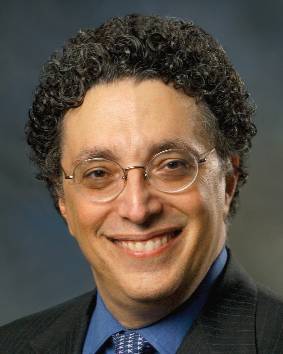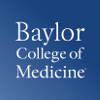Michael D. Schneider, M.D.
Cardiology

Cardiac growth, death, and regeneration
A central concept for much of Dr. Schneider’s research has been the once counter-intuitive notion of heart failure as a “muscle cell-deficiency disease.” In other words, the problem with myocardial infarction and sporadic cell death in heart failure is not that muscle cells die but rather the inability—presumably genetically determined—to execute more effective cardiac repair. Dr. Schneider’s studies on the role of telomerase in cardiac muscle have had importance for understanding how normal maturation suppresses cardiac growth capacity, for overriding these constraints towards a therapeutic benefit, for proving the operation of telomere dysfunction in human heart failure, and for unmasking the existence of novel cardiac progenitor cells in adult myocardium that have salutary properties for cardiac repair.
Because cardiac muscle cells show little or no proliferation after birth, their principal mode of growth is cell enlargement (hypertrophy), both in normal aging and disease. Recent work of Dr. Schneider’s lab has shown that many physiological and genetic triggers of hypertrophy work through an atypical cyclin-dependent protein kinase complex (cyclin T/Cdk9, also known as positive transcription elongation factor-b), whose substrate is RNA polymerase II, the enzyme for eukaryotic mRNA synthesis. Dr. Schneider’s investigations have shown Cdk9 activity is increased in human heart failure, is necessary for hypertrophic growth in culture, is sufficient for hypertrophic growth in mice, and confers susceptibility to catastrophic heart failure in the setting of biological stress. Thus, inhibition of excess Cdk9 activity is a logical target for drug development in heart failure therapy.
Dr. Schneider’s nomination was based on the following publications:
Oh H, Taffet GE, Youker KA, Entman ML, Overbeek PA, Michael LH, Schneider MD."
Telomerase reverse transcriptase promotes cardiac muscle cell proliferation, hypertrophy,
and survival. ".Proc Natl Acad Sci U S A. 2001 Aug 28; 98(18):10308-13.
Sano M, Abdellatif M, Oh H, Xie M, Bagella L, Giordano A, Michael LH, DeMayo FJ,
Schneider MD. "
Activation and function of cyclin T-Cdk9 (positive transcription elongation factor-b)
in cardiac muscle-cell hypertrophy. ". Nat Med. 2002 Nov;8(11):1310-7.
Oh H, Wang SC, Prahash A, Sano M, Moravec CS, Taffet GE, Michael LH, Youker KA,
Entman ML, Schneider MD. "
Telomere attrition and Chk2 activation in human heart failure. ".Proc Natl
Acad Sci U S A. 2003 Apr 29;100(9):5378-83.
